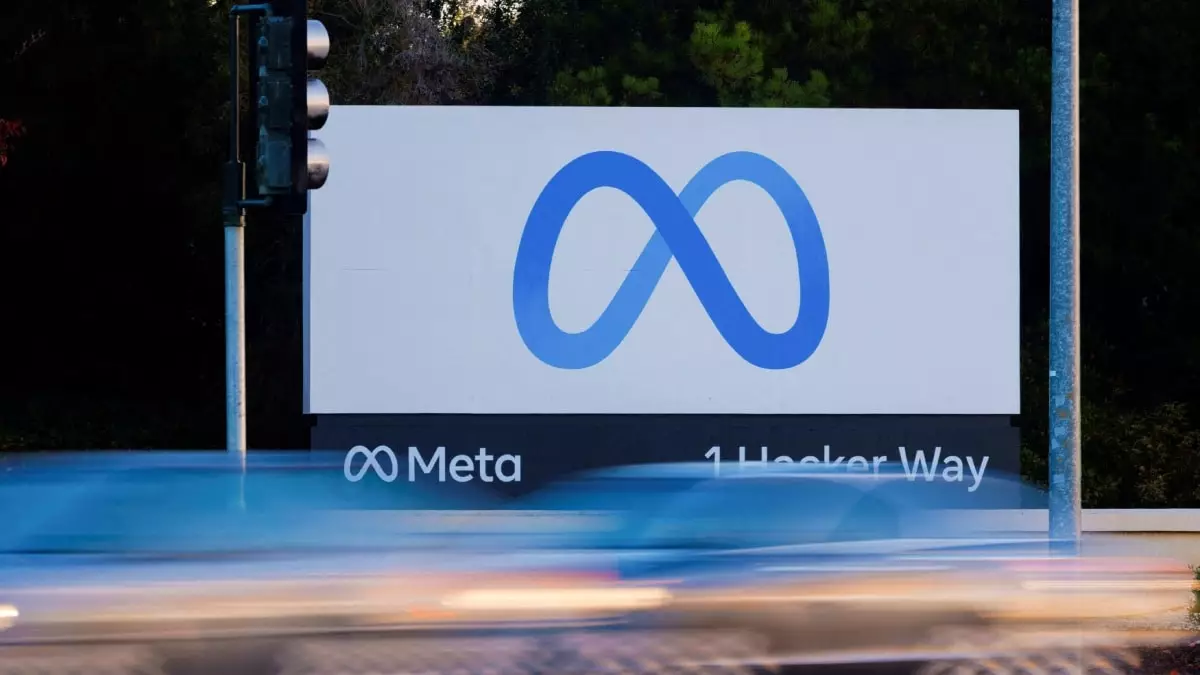In a bold stance, Brazil’s government has demanded clarity from Meta regarding its recent alterations to its fact-checking program. Solicitor General Jorge Messias proclaimed this directive, highlighting the urgency after Meta significantly dialed back its U.S. fact-checking initiatives. The Brazilian government’s response signals an escalating tension between international regulatory bodies and tech giants, which is becoming a focal point in discussions about misinformation and public discourse.
Meta’s announcement to curtail its fact-checking program in the United States and tone down its restrictions on discussions around sensitive themes like immigration and gender identity has raised flags globally. Brazil, reflecting widespread public concerns, is now questioning the appropriateness of these shifts. The implications of less stringent fact-checking extend beyond Brazil’s borders, hinting at a problematic precedent for social media regulation and accountability in various jurisdictions.
The remarks from President Luiz Inacio Lula da Silva characterize the government’s escalating concern regarding Meta’s policies. He labeled the changes as “extremely serious,” prompting him to convene a meeting with high-ranking officials to address the situation. His government’s apprehension underscores a critical reality: the social media platform’s operational policies directly affect public perception and information integrity within Brazil—a nation that has faced its share of misinformation challenges, particularly during tumultuous election seasons.
Mark Zuckerberg, CEO of Meta, articulated that the motivation behind these alterations stemmed from “too many mistakes and too much censorship.” This statement raises important questions about the balance the company seeks to achieve between content moderation and free expression. While it is essential for platforms to learn from their mistakes, the repercussions of these changes on global communication, particularly in places like Brazil, warrant serious consideration.
As Brazil grapples with these developments, it is crucial to recognize that this situation is indicative of a larger trend where governments worldwide increasingly confront tech companies over their governance strategies. Issues surrounding misinformation, user safety, and public discourse require a concerted effort towards transparency and accountability. Brazil’s request for an explanation serves not only domestic interests but also reflects a global demand for responsible handling of such powerful communication tools.
With the deadline for Meta to respond looming, the outcome could set a precedent for how tech companies interact with governmental entities concerning policy changes. Brazil’s defensive posture highlights the urgent need for digital platforms to adapt not just to market demands but also to the social and cultural realities of the regions in which they operate. The unfolding dialog between Brazil and Meta will be critical in shaping future interactions among social media giants and public authorities globally, emphasizing the importance of responsible governance in the digital age.

